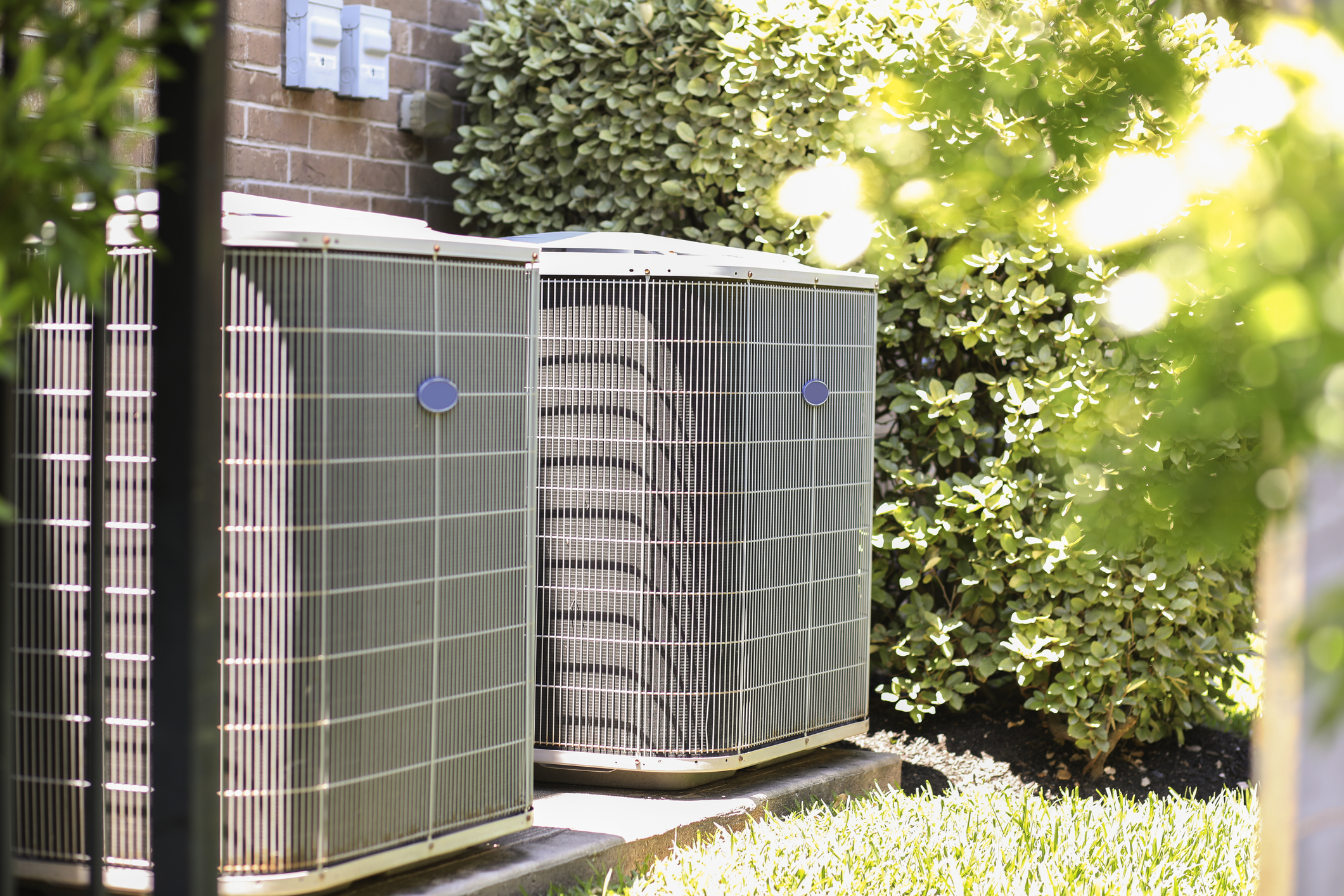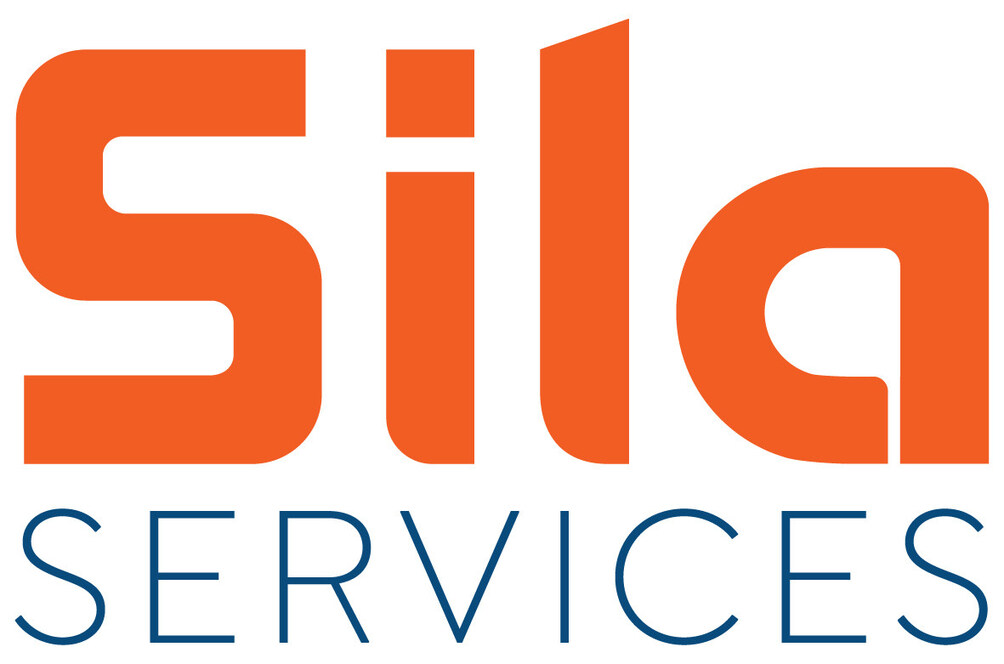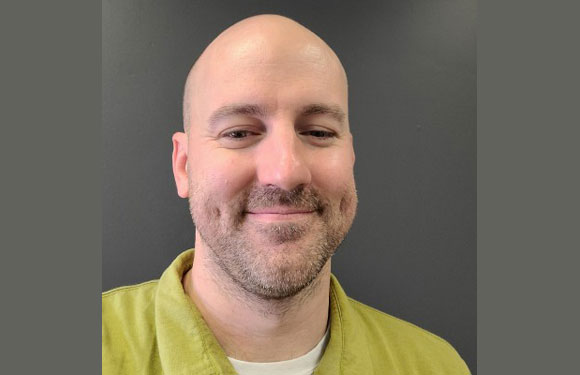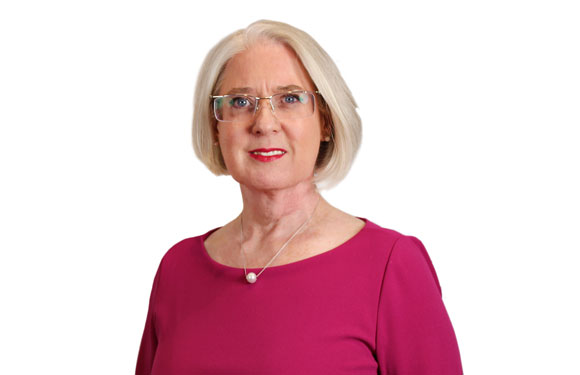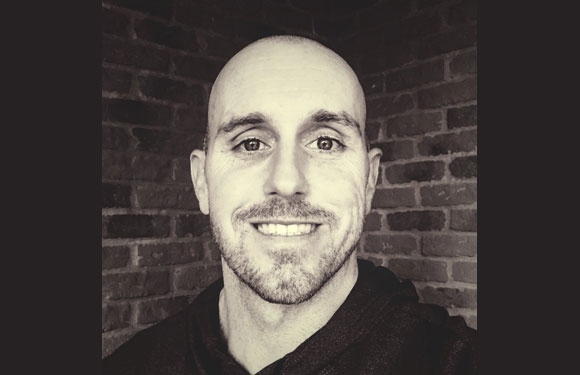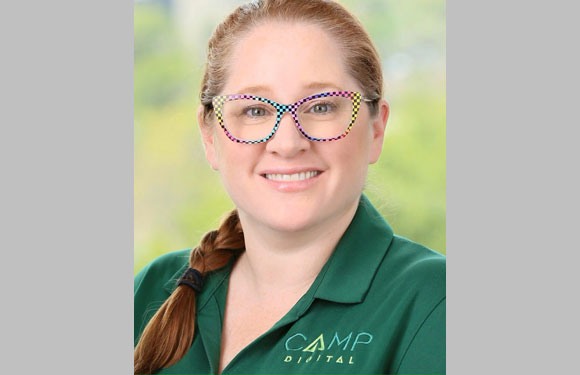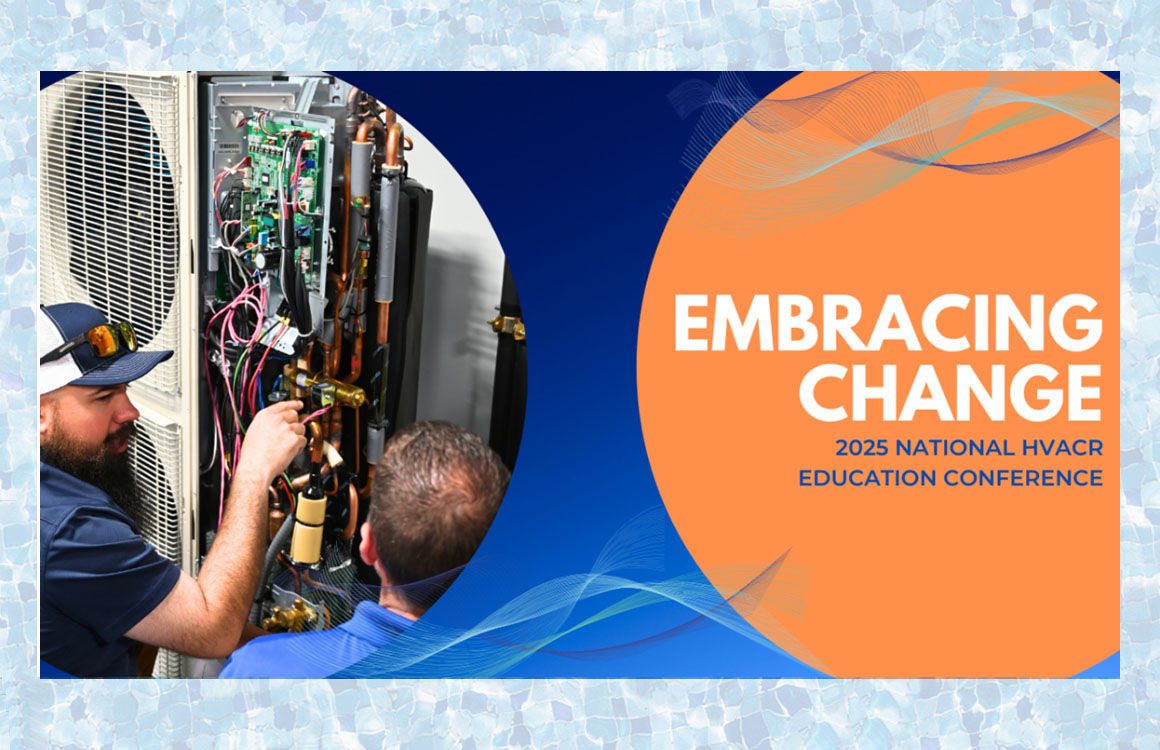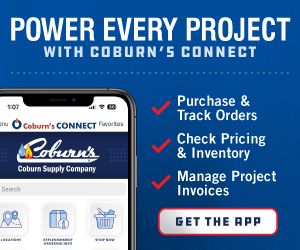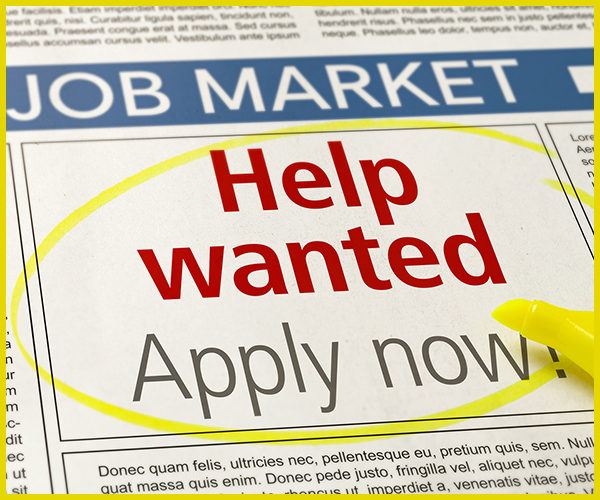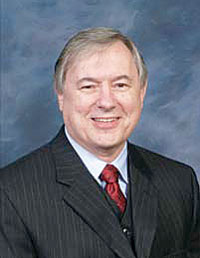
News
Sustainability and the “New Normal”
By Tom Murray
Last month we talked about the new normal, a post-pandemic time that will be characterized by behavioral change and societal shifts, some annoying, others defining, as we come back on line and learn to live with COVID-19 and its unwelcomed but expected cousins. To me, it’s like that annoying relative whom you have to invite to Christmas dinner. He commandeers the conversation telling anyone who will listen how they should change their ways to align with his. It is only after he has left and you reluctantly experiment with his notions that you find that some of his suggested changes are really not that bad.

I submit that like the bothersome relative, the pandemic has necessitated some changes that we will welcome into our new normal with little more than a shoulder shrug. Creative outside seating arrangements at restaurants and elbow bumps come to mind. And, as we talked about last month, other changes will take some work and dedication to purpose but will be well worth it in the long run.
This month I want to stay on the issue of the new normal but focus not on new sustainability endeavors that one might try, but instead taking a moment to ensure that, in our haste to recapture some sense of normalcy, we don’t leave behind sustainability comportments that we found to be tried and true and intrinsically valuable. Sustainability alliances cultivated through public/ private partnerships are a good case in point.
Allow me to focus on three of these alliances. The first is the Suppliers Partnership for the Environment– an association of automakers and their suppliers working in collaboration with the US EPA and other governmental entities to identify and implement creative projects and programs that will advance environmental sustainability while providing economic value to the automotive supply chain. Among its many activities, this organization has found ways to convert by-product materials and waste into useful auto parts.
Another is the Electric Utility Industry Sustainable Supply Chain Alliance (EUISSCA), an organization of utilities and suppliers working together to advance sustainability best practices in utility supply chain activities and supplier networks. This organization embodies the value of open and honest conversations among utilities using sustainability as a common language.
The third is an alliance of a different sort. It is an alliance of two different but related organizations which are focused on melding the ideologies of economic savings, energy efficiency and environmental protection around the practice of thermostat change-out programs. The first organization is the utility industry, en masse, that has launched an energy-efficiency and cost saving thermostat change-out program for its customers. Part of the program is designed around the do-it-yourself customer base and the big box stores that they frequent. Buy a new thermostat and return the replaced one to the same store for recycling. A second part of the program is more challenging and focuses on providing new thermostats to low-to-medium income families with confidence that the old mercury-containing thermostats that they replace are properly collected and recycled.
The second organization in this alliance is the Thermostat Recycling Corporation whose board is comprised of thermostat manufacturers. This corporation maintains a national network of mercury-containing thermostat collection sites that are easy for contractors to locate and provides a simple, free and easy way to remove the mercury from potential human exposure.
I mention these three alliances in particular because they speak to three principles that I believe will be underscored in the new normal. They are: cradle-to-cradle or sustainable materials management approaches, open and honest communication and transparency, and social responsibility and environmental justice.
As we move into the new normal, there will be a temptation to re-create the wheels or abandon the principles of these alliances. I do hope we can resist those temptations. I submit that these types of organizations are not only operating just fine, but they will become more important to us in the future. For example, under the new normal, the Suppliers Partnership for the Environment may pave the way for new sustainable materials management programs like the Sustainable Materials Management Program in the State of Maryland (SM3), supported by a Democratic state senator and led by a Republican governor, where wastes become marketable and zero-waste manufacturing plants become the norm. Under the new normal, the EUISSCA may advance its principles of open and honest conversation and serve as a bellwether for other alliances to follow.
Finally, under the new normal, the utility industry and the Thermostat Recycling Corporation will resolve to work more closely together to raise confidence within low-to-medium communities that all mercury-containing thermostats are indeed being collected and properly recycled and that no old mercury-containing thermostats are being left behind. It is our collective social responsibility. It is environmental justice.
More information on the Suppliers’ Partnership for the Environment can be found at www.supplierspartnership.org. More information on the EUISSCA can be found at https://www.euissca.org/. More information on the Thermostat Recycling Corporation can be found at www.thermostat-recycle.org. More information on the SM3 can be found at https://www.sustainablematerialsmanagementmd.com/.
About Tom Murray
Tom Murray is a pollution prevention and sustainability expert and Director of Utility Relationships for the Thermostat Recycling Corporation (TRC). Tom retired from the U.S. Environmental Protection Agency in 2016 after over 44 years in government service. At EPA, Tom served as a Senior Science Advisor, leading efforts to develop action plans for several persistent, bioaccumulative, and toxic chemicals including Mercury.
_____________________________
All views expressed here are my own and do not represent the opinions of any entity whatsoever with whom I have been, am now or will be affiliated.

